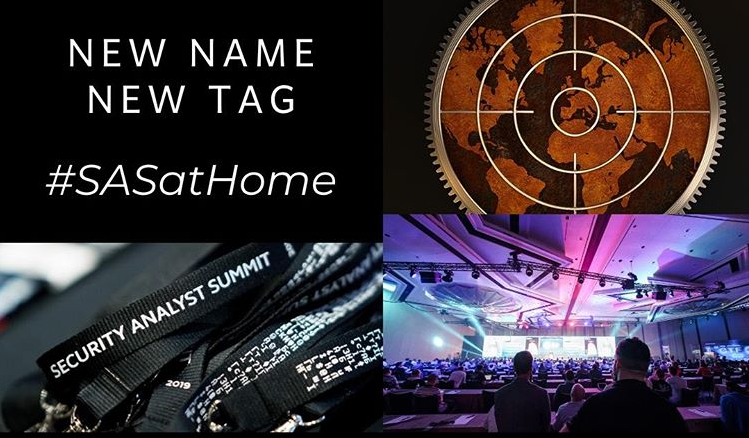
As pointed out by Stefan short URLs create big problems. How big those problems can get has been made very clear in an attack suffered by cli.gs. They claim to be the 4th most used shortening service on Twitter.
In a blog posting on their site the company says that they had been breached. This resulted in over two million shortened URLs pointing to the same page. The page is a blog posting from another site talking about hashtags on Twitter.
No malicious code has been found on that particular page. Put that together with the topic of the particular page leads and it appears that the attacker didn’t have too much harm in mind. S/he wanted to show that the site was vulnerable to attack, but didn’t want to install any malware onto the visitor’s machine. A welcome change. 😉
Having control to so many URLs makes these services a very attractive target. The fact that you can easily change the address to which a shortened URL leads with this particular service made it extra attractive.
Personally, I’ve abandoned URL shortening services on any of the social networks I’m on some time ago. If you strip out the “http://” portion such sites will no longer convert them into shortened URLs automatically. It’s certainly a bit less convenient, but at least the reader knows where I’m pointing to.
URL shortening service compromised




















Hawi Moore
Thanks for sharing